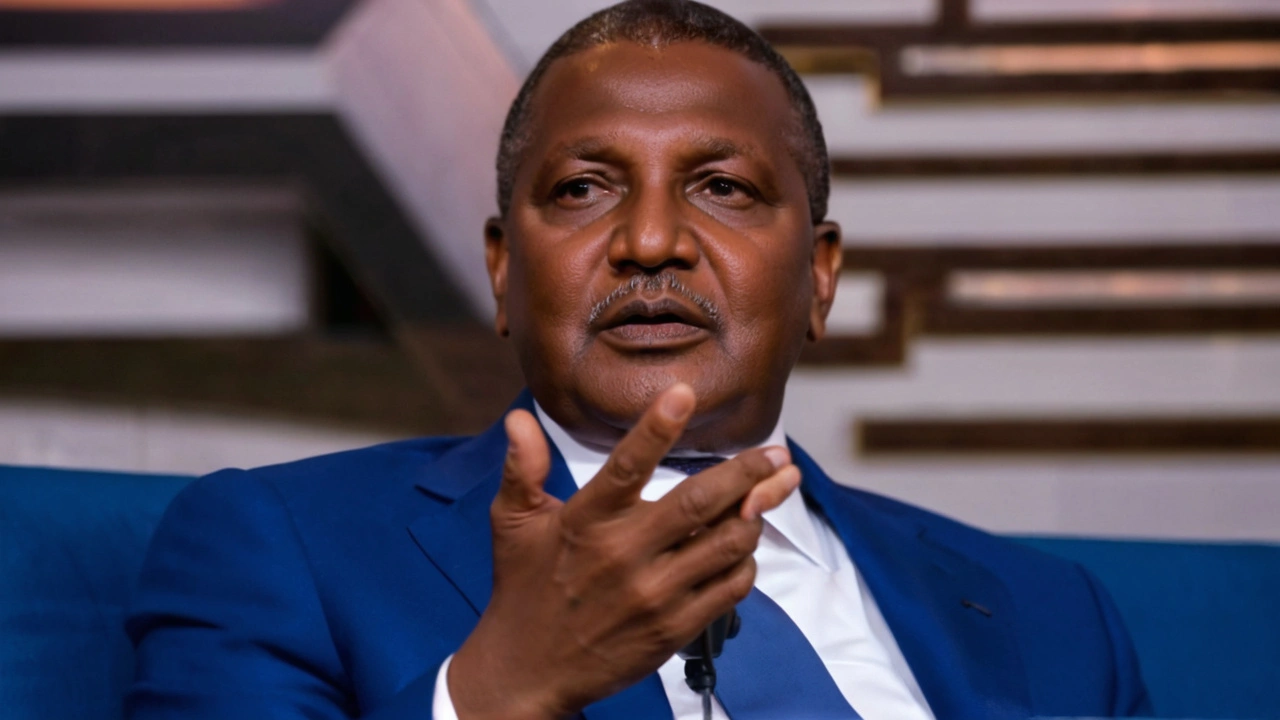Dangote Refinery – Latest Updates and What It Means for Africa
You're probably hearing a lot about the Dangote Refinery lately. That's because it’s one of the biggest industrial projects ever built on the continent. At its core, the refinery is Aliko Dangote’s answer to Nigeria’s chronic fuel imports and the continent’s need for more refined petroleum products.
The plant sits in the Lekki Free Zone, just outside Lagos, and is designed to process about 650,000 barrels of crude oil a day. That capacity would put it ahead of most African refineries and even challenge many in the Middle East. When it runs at full tilt, Nigeria could become a net exporter of gasoline, diesel and jet fuel, cutting down on the long‑standing price spikes that hit drivers every month.
Key Milestones and Current Status
Construction kicked off in 2016, and the project has hit several big milestones. The first crude was poured into the distillation units in 2022, and the first batch of diesel rolled out later that year. In early 2024, the refinery announced its first commercial diesel export to a neighboring West African country.
Right now the plant is in its final commissioning phase. Most of the main units—atmospheric and vacuum distillation, hydrocracking, and the sulfur recovery plant—are already operational. What’s left are a few ancillary systems, like the wastewater treatment plant and some of the blending facilities. The management team expects full commercial operation by the end of 2025, assuming no major supply chain hiccups.
Financing has been a mix of Dangote Group equity, local bank loans and a handful of international sovereign funds. While the project has faced some delays due to the global chip shortage and COVID‑19 disruptions, the overall budget is still on track, according to the latest quarterly report.
Why the Refinery Matters for Nigeria and Africa
First off, jobs. The refinery created roughly 15,000 direct jobs during construction and will sustain about 2,000 permanent positions once fully running. Those jobs ripple out to suppliers, transport companies and local businesses, giving a real boost to the economy.
Second, energy security. Nigeria spends billions each year buying refined fuel abroad. By refining locally, the country can keep more money inside its borders and stabilize fuel prices for everyday consumers.
Third, regional influence. With enough surplus product, Nigeria could start exporting refined fuels to the wider West African market, challenging the dominance of imports from places like the United Arab Emirates and Saudi Arabia.
Finally, environment. The refinery uses state‑of‑the‑art sulfur removal technology and plans to recycle a large portion of its wastewater. While any large oil project has an environmental footprint, these steps show an effort to meet stricter global standards.
So what should you keep an eye on? Look for announcements about the final testing runs, updates on the export contracts, and any new partnerships with downstream distributors. Each of these signals how quickly the refinery will start moving from “almost ready” to “fully operational.”
In short, the Dangote Refinery is more than just a massive building. It’s a potential game‑changer for Nigeria’s economy, for fuel prices across Africa, and for the continent’s industrial future. Stay tuned to Africa Success Daily for the freshest updates, detailed analysis, and what the refinery’s progress could mean for you.

22
Jul
Aliko Dangote, president of the Dangote Group, has offered to sell the Dangote Refinery to the Nigerian National Petroleum Corporation. By doing so, he aims to ensure the refinery’s production of high-quality goods and job creation for Nigerians. This proposal comes as discussions about its management and benefits go on.
Read More
